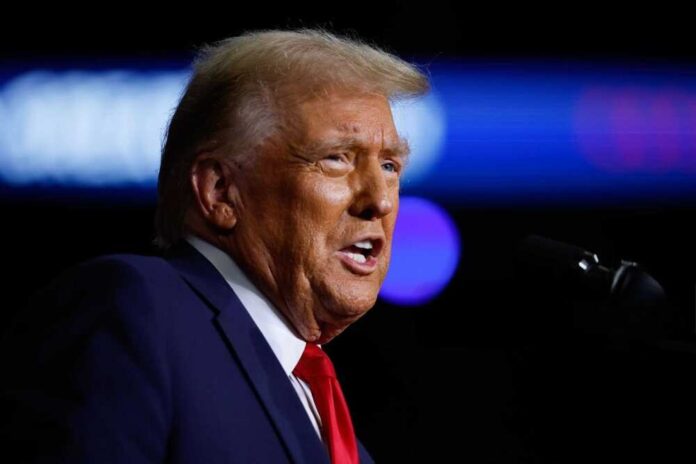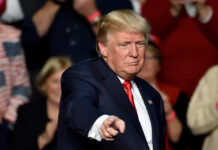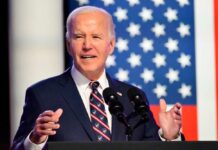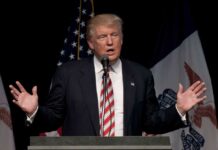
(PatriotNews.net) – Smith v. Trump raises pivotal questions regarding the boundaries of presidential immunity amidst the controversial fallout from the January 6 Capitol riot.
At a Glance
- Trump not immune from civil lawsuits as per federal court ruling.
- The case hinges on Trump’s actions during the Capitol riot.
- District Court must determine the scope of immunity.
- U.S. District Judge Amit Mehta previously rejected immunity claims.
The Lawsuits Evolving from Jan 6
The lawsuit, Smith v. Trump, filed by seven Capitol police officers, accuses former President Donald Trump of spurring the January 6 riot.
The officers are not alone; certain far-right groups and political figures, including Roger Stone, are also named. Allegations suggest Trump’s rhetoric incited violence, challenging the extent to which his speech falls within official presidential duties.
The U.S. Court of Appeals for the District of Columbia Circuit upheld that Trump cannot claim absolute immunity, emphasizing that his actions were unofficial. This decision reverberates back to prior cases involving Capitol Police and House Democrats who faced similar issues. The legal battle edges closer to defining the robust boundaries of presidential conduct concerning civil lawsuits.
The Supreme Court’s presidential immunity decision will further delay special counsel Jack Smith’s Jan. 6 case against former President Trump, virtually guaranteeing that the trial will not start before Election Day. https://t.co/1by1trY0wA
— NBC News (@NBCNews) July 1, 2024
Courtroom Battles and Implications
In rejecting Trump’s claim to immunity, U.S. District Judge Amit Mehta asserted that campaigning for re-election and associated rhetoric do not qualify as official presidential acts. Trump has refrained from appealing to the Supreme Court, leaving it to district courts. His brief due dates indicate a legal effort still in motion.
“‘Whether [President Trump’s] actions involved speech on matters of public concern bears no inherent connection to the essential distinction between official and unofficial acts'” – Chief Judge Sri Srinivasan and Judges Bradley Garcia and Judith Rogers
Trump’s legal team argues that his actions were part of his duties, potentially providing immunity. However, should the district court rule otherwise, it sets a crucial precedent for presidents’ responsibility and reckoning of incitement. Meanwhile, civil suits continue separately from the criminal allegations regarding the 2020 election.
Trump Claims Immunity Against Jan. 6 Lawsuit Because His Efforts To Overturn Election Were Part Of His Presidential Duties https://t.co/77NS8SWoH2 pic.twitter.com/FWJV2otmqX
— Forbes (@Forbes) May 25, 2021
Future Footprints in Presidential Immunity
With a fast-tracked appeal scheduled, the judicial decisions here will echo through future legal interpretations.
“[The lawsuit] remains an important opportunity to achieve justice for those harmed by the attack. Currently, the federal District Court for the District of Columbia must determine whether Trump has immunity from civil liability for his alleged conduct concerning January 6. We will continue to argue that he does not.” – Caspar
The case carries significant implications for presidential boundaries and the enduring principles of accountability and justice in the United States’ democratic processes.
Copyright 2025, PatriotNews.net

























